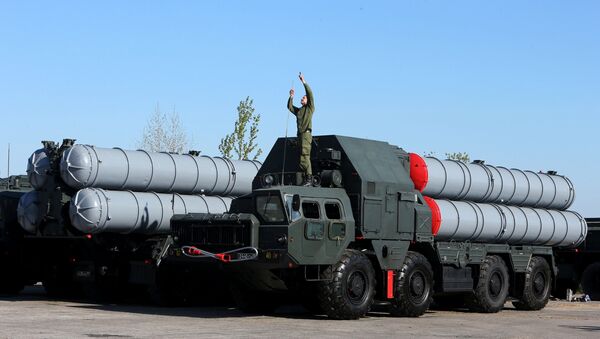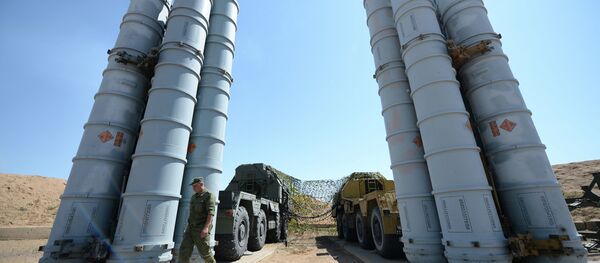Russia's plan to sell the S-300 missile defense system to Iran was a well-orchestrated move that not only benefited Moscow's economic and political interests, but also brought together the West and Iran to the negotiation table, said Didier Chaudet, a columnist for Le Huffington Post and professor at the Institute of Political Studies in Paris.
In terms of economy, by resuming the S-300 deal Moscow built a good foundation to establish economic and trade relations with Tehran. This is a wise decision on Russia's behalf, considering the Iranian market might be open for arms sales again, after the P5+1 group and Iran settle on a final stage of the nuclear negotiations in June.
Tehran is willing to shell out around $40 billion to modernize its army and that makes Iran a very profitable market.
In 2010, then-Russian president Dmitry Medvedev signed a decree, canceling the S-300 sales to Iran. Although some took it as Moscow showing its weakness and willing to follow Washington's orders, the logic behind the move was more calculated.
By canceling the S-300 deal with Iran in 2010, Moscow forced Tehran to a dialogue, showing that without the nuclear negotiations the S-300 deal wouldn't happen. That pushed Tehran to the negotiation table with the P5+1 group later on, the French political scientist argued.
When Iran and the P5+1 group reached a preliminary agreement on the nuclear deal last month, Moscow reminded Tehran that it keeps its promises and thanked Iran for its willingness to negotiate by resuming the S-300 sales.
In other words, Russia played the key role during the recent nuclear negotiations with Iran. By masterfully playing with the S-300 deal, Moscow not only brought the West and Iran to the negotiation table, but also made all parties work and eventually find an agreement that pleased everyone's interests, the political scientist said.





